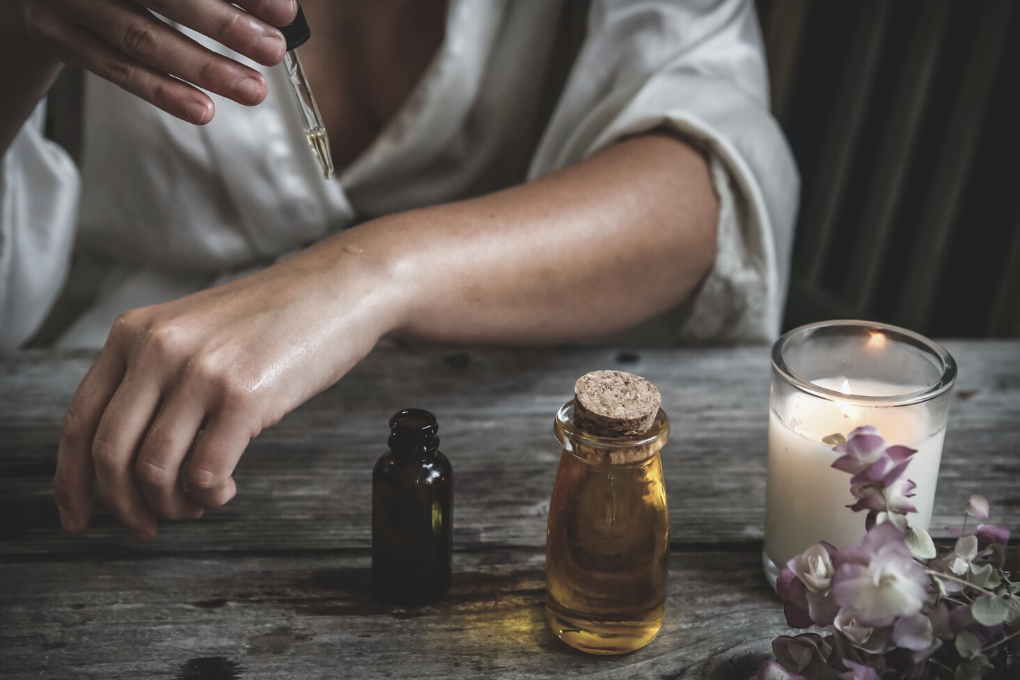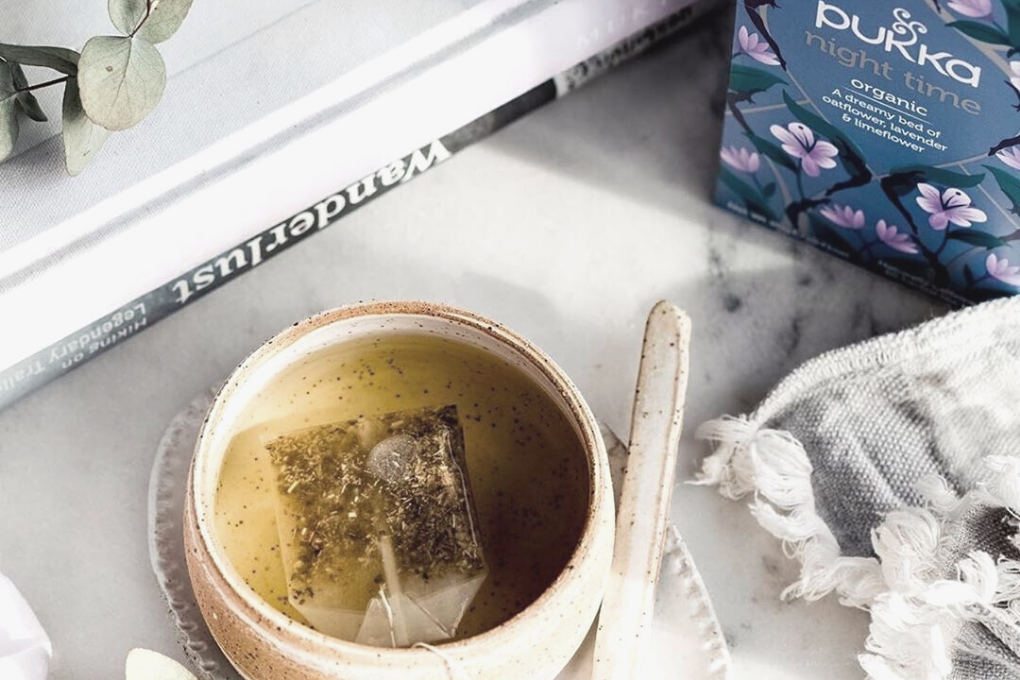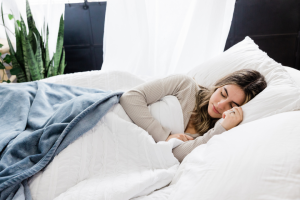Nourish Health Food Pharmacy, Mental Health, Nutrition
How to get a better sleep naturally
These days sleep is an ongoing concern for many, generally falling into the not enough category.
Specialist sleep clinics have evolved to investigate why people have difficulty with sustained and refreshing sleep. Large corporate companies are even facilitating ‘power napping’ in the workplace by providing Sleep pods for staff, yes it has come to this! In our busy and stressful world sleep habits have been compromised for a variety of reasons.
What can cause sleeplessness?
Sleeplessness comes in many forms, such as not being able to fall asleep with much tossing and turning and increased anxiety about not being able to sleep causing further distress. Some people have no problem falling asleep, but wake up during the night and spend hours trying to get back to sleep. These types of sleeplessness are more controlled by the individual and what may be going on in their life and emotional state of mind.
Other sleep issues may be caused by a noisy snoring partner, a new born baby in the house or young children causing sleep disruption, pets in the bedroom / in the house, a noisy living location or shift work disrupting sleep patterns to name a few possibilities, that may be difficult to control.
A poor night of sleep can affect mood and ability to focus, leaving you with a ‘hung over’ feeling in the morning complete with headache. Not a good way to start the day. When experiencing sleep difficulties worrying about it can cause even more sleeplessness.

Here we have a few tips to help you manage a better quality sleep. We’ll break it down into a 3 sections lifestyle, diet and useful supplements.
1. Lifestyle Factors
Maintain regular sleep patterns
To assist with regular sleep patterns it’s really important to try and maintain regular healthy sleep habits. This includes going to bed at the same time and rising at the same time.
A useful technique to improve falling asleep and regulating your sleep & waking hormones is to ensure you’re getting a good amount of sunlight exposure each day. If you can try to wake at the same time each day and get exposed to fresh daylight first thing as this will help set your waking time.
When this is combined with regular exercise and going to bed at a regular time you should find your body’s circadian rhythms (your natural body clock) will start to balance.
Room Environment
Room temperature is also an important factor to consider when it comes to sleep management. The ideal room temperature for optimal sleep is between 15 and 19 degrees Celsius.
Avoid screen time at least an hour before bed and leave screens out of the bedroom for minimal distraction. Remove yourself from screen technology an hour before bed and try gentle stretches or reading to ‘wind down’ and promote sleep
Lastly, try and create a quiet, peaceful and dark room environment to promote good quality sleep.
Obviously if you’re a shift worker it’s slightly more challenging to build regular sleep patterns and require some other methods to help sleep regulation. Setting the right room temperature and having a dark room during the time you want to sleep is one technique that can be helpful.
Bed linen & PJs
The fabric and quality of your bed linen and clothing can also really affect your sleep. Try to use organic cotton or other natural fibers like bamboo. Avoid polyester because it’s not breathable and can make you sweat. This can potentially cause an uncomfortable night’s sleep.
This is actually one area we would recommend you invest a little bit of money in. Go for good quality fibers and a good quality pillow. Most Physiotherapy or chiropractic clinics will sell proper posturepedic pillows. They may cost a little bit more than your average pillow but will make all the difference to your sleep.
Take some consideration when choosing your underlay as well. Aim for natural fibers here and something that is really soft and comfortable.

Exercise
We don’t recommend doing high intensity or heavy exercise before sleep. This really stimulates your nervous system and can increase your levels of cortisol (a waking hormone). Ideally you want to calm down to do a more restorative calming exercise before sleep such as yoga or a gentle stretching practice followed by a nice warm bath with Epsom salts and lavender oil.
Breathing Exercises
It can be worthwhile trying some meditation or breathing exercises before you go to sleep. This is helpful if you have a racing mind. Breathing exercises can also be useful if you wake during the night.
There are some great apps that you can use to help guide your meditation although we do discourage taking these and other digital technology into the bedroom. There’s a time and place for a meditation app if you’re really struggling to fall asleep or maintain sleep during the night.
If you do take your phone into your room at night, make sure you switch it to airplane mode after using it so Wi-Fi signals aren’t being emitted. These signals and the blue light can be disrupting your sleep.
Journaling
If worry or stress is keeping you awake, try writing a journal before bed to clear you mind of on-going concerns.
Write a list of things to do, so you can have peace of mind you won’t forget the next day and have clarity with your priorities. This helps with being objective and avoiding ruminating over things that may be overwhelming you during the night when you should be sleeping!

2. Diet Factors and things to avoid
Meal Size
When it comes to your evening meal, try to avoid having a heavy meal or overeating at dinner. We also recommend you try to eat at least three hours before going to bed. It is important to give yourself this time allowance as your body will be busy working on digesting and means when you go to sleep your body is not busy trying to digest a meal.
Caffeine intake
This next one is an obvious one but we have to reiterate the point – avoid having caffeine too late in the day. Some people who are very sensitive to caffeine should avoid having it after lunch time or possibly altogether. For everyone else to limit your caffeine intake to about two cups of coffee a day and mind your other caffeine intake such as energy drinks.
Alcohol intake
Also keep in mind your stimulant and alcohol intake. Try and give yourself at least three alcohol-free nights a week as this will help assist with regular sleep patterns. Although many people think they get a better sleep when they have drunk alcohol this is in fact not true. It may help you fall asleep but the quality of sleep throughout the night is very poor.

Supplements
Magnesium
There are a lot of great supplements around to help assist with getting a good quality sleep. Magnesium of course is good for muscle relaxation, pain and tension and can also help relax the nervous system. If you are going to use magnesium before bed try source a formulation that doesn’t contain B vitamins. If your formulation has these in it, we suggest taking the supplement in the morning or early evening.
Herbal supplements
Herbal supplements can also be helpful to assist with sleep and relaxation.
These include kava, passionflower, valerian, ziziphus, withania and schisandra. If you use any of these supplements we would recommend taking these supplements half before bed. But as with all supplements we recommend seeking advice from your health practitioner before starting to ensure it is safe and right for you.

Alexandra Shepherd
Pharmacist
Blog Co-author

Jody Lang
Nutritionist
Blog Co-author











